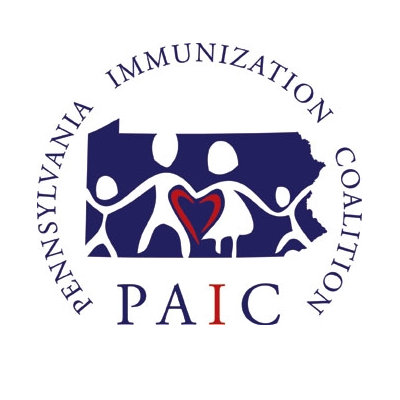AAP president urges tech companies to combat vaccine misinformation online
As measles outbreaks grow, the AAP is taking aim at vaccine misinformation online.
AAP President Kyle E. Yasuda, M.D., FAAP, sent letters today to the CEOs of Google (which owns YouTube), Facebook (which owns WhatsApp and Instagram) and Pinterest requesting that they partner with the Academy to make sure parents using their platforms are seeing credible, science-based information.
“Right now, pediatricians are watching our worst fears realized as measles outbreaks spread across the country,” Dr. Yasuda wrote. “A potentially deadly disease — one we had eliminated with an effective vaccine — is endangering entire communities.”
From Jan. 1 to Feb. 28, there have been 206 confirmed measles cases in 11 states, including Dr. Yasuda’s home state of Washington along with California, Colorado, Connecticut, Georgia, Illinois, Kentucky, New Jersey, New York, Oregon and Texas, according to the Centers for Disease Control and Prevention (CDC).
The measles, mumps and rubella (MMR) vaccine is highly effective at preventing measles. The CDC and the Academy recommend children receive the first dose at 12-15 months and the second dose at 4-6 years.
Every day, pediatricians talk with families about vaccines’ crucial role in protecting children from deadly diseases and about their safety. However, many parents also are reading inaccurate and misleading information online, which can have serious real-world consequences.
The Academy is not requesting that technology companies censor their users. Instead, Dr. Yasuda called on the CEOs to elevate scientific content from verified sources to equip parents with credible information.
“We have found that continuing to talk with parents who are hesitant about vaccines is the best way to bring them closer to a decision to vaccinate their child,” he wrote. “The same is true in the social media space.”
He said pediatricians are ready and willing to work with these companies.
“We have an opportunity — and in my view, an obligation — to work together to solve this public health crisis,” he said in a news release. “It will take commitments across all sectors — local and federal government, the medical and public health community, and the technology industry — to do so.”
Read full article here.
